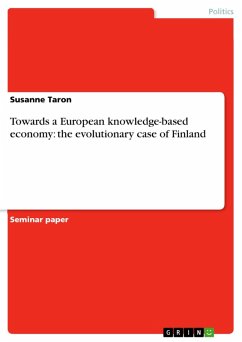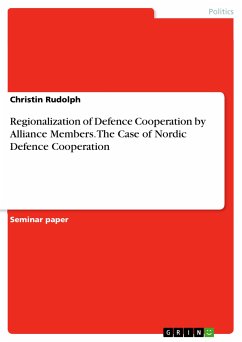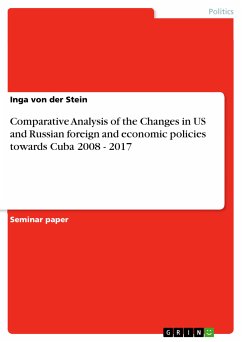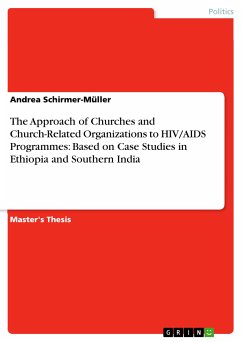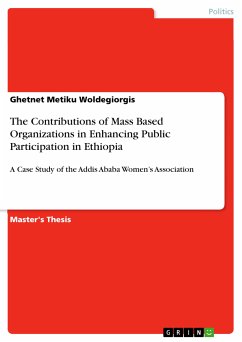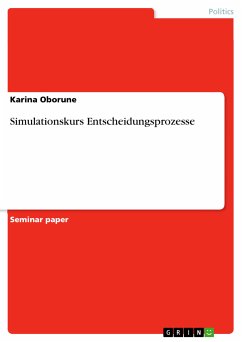Seminar paper from the year 2006 in the subject Politics - International Politics - Topic: European Union, grade: 1,0, University of Münster (Political Science), course: European Economic Policies, language: English, abstract: Throughout the course of the 1990s, Finland underwent a tremendous economic transformation unrivaled by any other European or OECD country in the post-World War II era. In less than a decade Finland went from being perhaps one of the least knowledge-based economies to becoming the sole most embraced one, subsequently heralding it to be a model example of not only Europe's but the world's 'new economy'. During the twentieth-first century, Finland has three times to date ranked number one in the World's Economic Forum's (WEF) Competitiveness Index, alongside achieving an astonishing close second to Sweden in the World Bank's Knowledge Economic Index (KEI). On these grounds, Finland's recent development towards a knowledge-based economy has indeed captured the international spotlight, and justly the attention of economic policy-makers across the world. To this day in age, knowledge has irrefutably become the driving force behind economic growth and social development, with exogenous factors particularly that of globalization playing enormous roles in the acceleration of the diffusion and the application of knowledge. Perhaps, not better put then in the trivial words of Bill Clinton "in today's knowledge-based economy, what you earn depends on what you learn,"5such words do certainly substantiate the importance of knowledge and innovation in today's 'new economy'. Thus is seems, successful economies and societies will be those who can adapt to the rapid demands of globalization, where the need of countries to be more flexible, creative, innovative, and welcoming to the winds of change, have been more critical than it has ever been before. Advancement in information and communication technologies (ICTs) has often been seen as one method of achieving a more knowledge-based economy, as development in ICTs seem to provide new opportunities in product specialization, improved productivity, and sustainable growth.
Dieser Download kann aus rechtlichen Gründen nur mit Rechnungsadresse in A, B, BG, CY, CZ, D, DK, EW, E, FIN, F, GR, HR, H, IRL, I, LT, L, LR, M, NL, PL, P, R, S, SLO, SK ausgeliefert werden.

